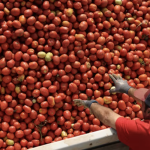Farmer Finds Harmony with Nature, Turns Dirt into Gold
Added 2 years ago
By Hawke's Bay Future Farming Trust
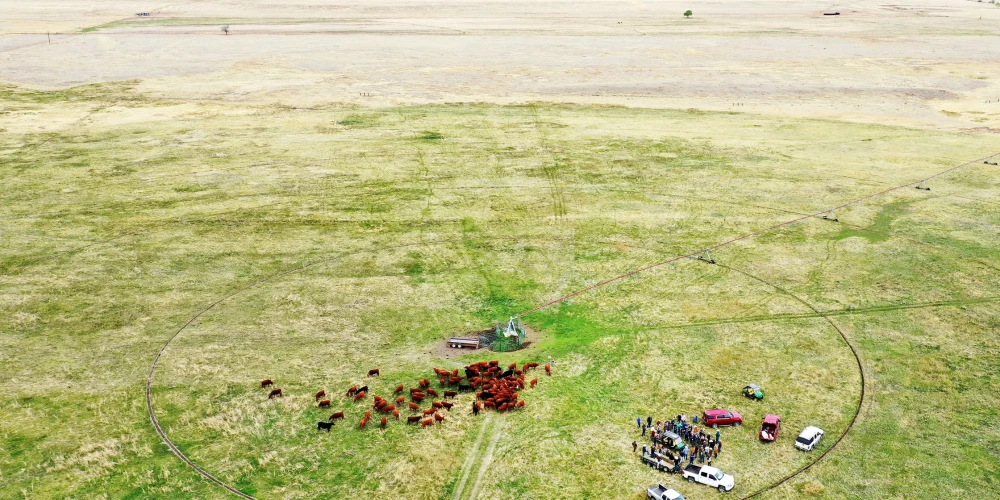
Patrick Holden isn't your typical farmer. While surveying his sprawling Welsh farm with its diverse wildlife, he isn't just checking on crops - he's witnessing the thriving result of his unique approach to agriculture. Here, nature and productivity go hand in hand.
Holden's secret lies in regenerative farming practices. He's eschewed conventional methods for techniques that rebuild soil health. This means cover crops, minimal tilling, diverse rotations, and working in harmony with the land. His cattle and pigs are grass-fed, their manure fertilizing the fields that sustain them. The farm even produces award-winning cheese!
The benefits are plentiful: healthier soil retains water and nutrients, fosters biodiversity, combats erosion, and produces nutritious food. But there's an even bigger perk in our warming world - regenerative farming sucks carbon dioxide out of the air and stores it back in the ground. Holden's farm is essentially a carbon sink.
Soil is a champion carbon absorber, storing more carbon than the atmosphere and all the world's plants and forests combined. However, centuries of intensive agriculture have depleted this vital resource. Experts estimate that a third of the excess carbon dioxide in the atmosphere originated from degraded soil.
The solution? Regenerative agriculture. Studies suggest it could sequester a significant portion of annual carbon emissions if adopted globally. While the exact amount of captured carbon is debated, the potential impact is undeniable. Even modest improvements in soil health could significantly reduce emissions.
There are hurdles, of course. A large-scale shift would require most farmers to adapt their practices. Many operate on tight margins and struggle with factors like climate change and volatile food prices. Incentives are crucial to make the transition economically feasible.
Holden proposes paying farmers to be "carbon stewards." This would involve redirecting subsidies to reward practices that benefit both agriculture and the environment. Farmers could be financially rewarded for improving soil health, biodiversity, and carbon storage.
Another challenge is accurately measuring soil carbon content, a key factor in carbon credit programs. Various technologies exist, but they vary in accuracy and cost. There's also the concern of potential yield dips during the initial transition to regenerative methods.
However, research suggests these dips are usually small and temporary. In some cases, reduced reliance on fertilizers and machinery can even offset any initial yield decline. The long-term benefits, including the potential to earn money from carbon sequestration, make regenerative farming an attractive option for many farmers.
The key to scaling up these practices lies in empowering small farmers, who produce a surprising 70% of the world's food. Some experts advocate for a more comprehensive approach, urging a "whole value-chain transformation" that includes all stakeholders in the food system.
Ultimately, regenerative agriculture offers valuable time as we strive for net-zero emissions. While not a permanent solution, it can significantly reduce atmospheric carbon in the coming decades. With healthy soil, we can buy ourselves precious time to develop long-term solutions. As Crawford says, "we can do that with soil."
Join the conversation
Be the first to leave a comment.
Leave a comment
All comments are reviewed before they are published on the website. Your email address will not be published.
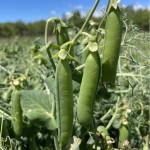
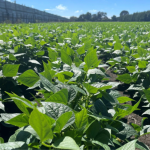

Community Engagement and Knowledge Sharing Strengthen the Carbon Positive Project
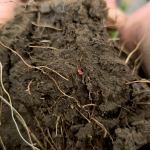
Are We Changing Soil Carbon Yet? Three Years In, the Jury’s Still Out

Farewell to Trustee Phil Schofield – A Foundational Leader of the HBFFCT
